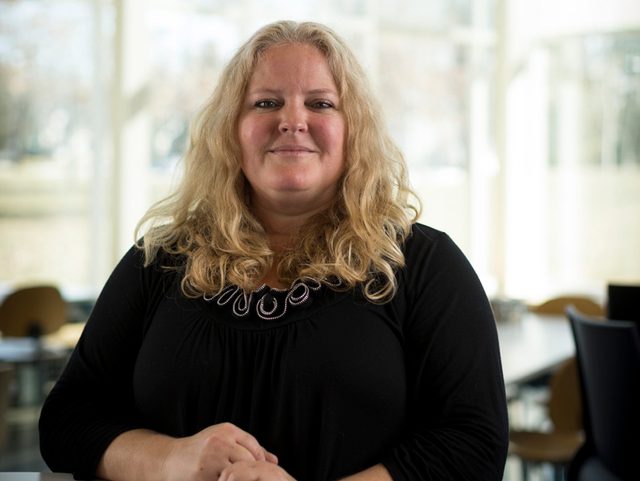 Students have plenty of opportunities to study the work of famed European composers in Carleton’s music department. But in true liberal arts fashion, the department pushes beyond traditional courses in Western art music to challenge students’ assumptions and provide fresh perspectives. Carleton’s robust ethnomusicology curriculum introduces students to a diverse world of music, and the American music concentration teaches them to critically examine even the most familiar music. Plus, the department puts a premium on hands-on work, whether it’s taking music lessons, performing in an ensemble, composing new pieces, or learning to mix and record music in the department’s new rock laboratory.
Students have plenty of opportunities to study the work of famed European composers in Carleton’s music department. But in true liberal arts fashion, the department pushes beyond traditional courses in Western art music to challenge students’ assumptions and provide fresh perspectives. Carleton’s robust ethnomusicology curriculum introduces students to a diverse world of music, and the American music concentration teaches them to critically examine even the most familiar music. Plus, the department puts a premium on hands-on work, whether it’s taking music lessons, performing in an ensemble, composing new pieces, or learning to mix and record music in the department’s new rock laboratory.
“The new facility is going to make our technology offerings even more exciting because everything will be wired together,” says department chair Nicola Melville. “Students can be in the rock lab recording something that’s happening in the concert hall. Bands will have really good equipment to record and edit a demo.” No longer hampered by outdated infrastructure, the music faculty is excited to offer more opportunities to engage with music technology in the future.
The bedrock principles of the department will remain the same, however, including a dedication to balancing breadth and depth in musical study and support for interdisciplinary courses that link music to the rest of Carleton’s liberal arts curriculum. Want to delve into the philosophy or psychology of music, examine how it’s used in media, or discover the physics behind the art? You can find all these topics and more in the department’s class listings.
“The breadth of course offerings we have is really phenomenal for a college our size,” says Nicola Melville. “We ask ourselves, what will a student need to know to be relevant 10 years from now in the music world, either as an amateur participant or a vocation? We still teach the Western art music tradition because it’s important, too, but we find ways to integrate all these other things, which I think speaks to a broad and enlightened perspective on music.”
